SEASONAL PRATTLE
It’s been a while since any sort of coverage has been thrown Eizouken’s way, largely, because it’s not only hard to discuss it concisely like Seasonal Prattle aims for with this weekly series (doing so doesn’t really do it justice) but arguably more important – its “quality” is super volatile based on perspective and watching that unfold has taken a few episodes in its own right.
So with a month’s worth of content now down, I want to be crystal clear: Eizouken ni wa Te wo Dasu na! is a good work and this latest fourth episode is another testament to that. However, it’s not “great” nor was the episode. Why the distinction? Well, for as much praise that’s rightfully deserved for a work and performance like this week that cleanly rings all sorts of meta bells and continues its visual competence – it’s just not as strong textually. At its heart, Eizouken operates thickly in the cramped box that most “school club” series live in, and four’s primary flows and beats readily reflect that once you get past the glitz, glam and quirks of its exterior design and look at what was actually written in an episode pinned around budget approval.
With that said, while it’s extremely easy to oversell Eizouken if one were to mainly observe and discuss its physical craft, I suggest the bigger constructal picture should be taken into account and thoroughly examined – paying equal weight to the show’s scripting. Doing so more readily separates “good” from “great”, and ultimately lends better clarity. A practice that’s particularly useful here given the lopsided nature of its discourse, and likely will remain as such moving forward.
Kyokou Suiri (3)
“Letting Kotoko work off of the core cast has proven to be a consistently favorable outcome”
Good to see Kyokou Suiri bounce back with an all-around more engaging performance, putting last week’s sluggish, dialogue-heavy drag in the rear-view mirror. Letting Kotoko work off of the core cast has proven to be a consistently favorable outcome for the show: Her banter with Kurou early on is just as enjoyable as that found in the latter half with Saki – all mixing quite nicely with the immediate appeal of Nanase’s narrative that’s now taking center stage. Be that as it may, some more coincidental bits of scripting could have been presented much smoother, with Saki and Kotoko’s all too coincidental meeting leading that pack and the time skip not being too far behind, but it’s not enough to completely sink the ship. Let’s see if next week can build upon the positives from here.
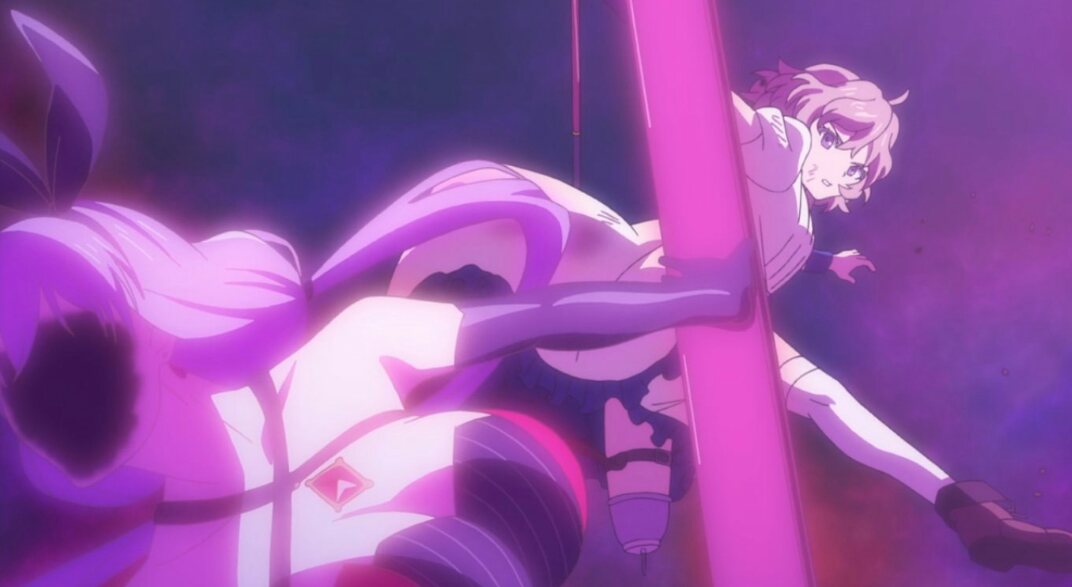
Oshi ga Budoukan Ittekuretara Shinu (3)
“Occasionally smirk worthy gags”
“Underwhelming idol anime” has been a descriptor this Winter for a fair share of new shows, and Oshi ga Budoukan Ittekuretara Shinu certainly doesn’t escape that label’s reach despite its perspective. Episode three does little to alter a formula of occasionally smirk worthy gags and heaps of writing that’s clearly content with just being passable for much of its run as it slithers to a close. Eripiyo’s waning train encounter with Maina is somewhat rewarding, but given that you have to climb through a slew of tedious sequences to get there, it’s more of a small consolation medal rather than a full trophy. Borderline showing at best.
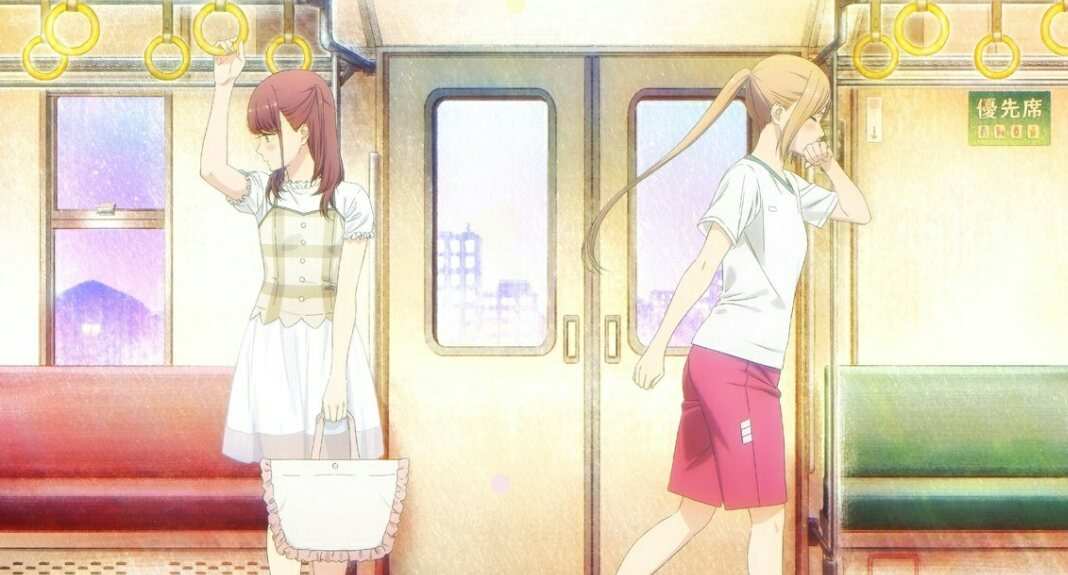
Darwin’s Game (4)
“Robbed by the bleak, lazy penmanship”
Darwin’s Game’s fourth showing should come as a surprise to anyone who expected it to go twenty minutes without its writing falling awkwardly in a pitfall, as lo and behold, it does, and in a fairly obvious way at that. Kaname’s fight with the florist, which eats up a decent chunk of this episode and inevitably encapsulates its climax, is sadly robbed by the bleak, lazy penmanship of flashback/realization plot armor – the greatest weapon for any D-rate shounen MC. Thus, despite a moderately entertaining build-up with Rein that carries early on, it’s hard not to be disappointed by episode four’s results when it’s all said and done. Decent performance if you can turn a blind eye to the holes in its internal logic.
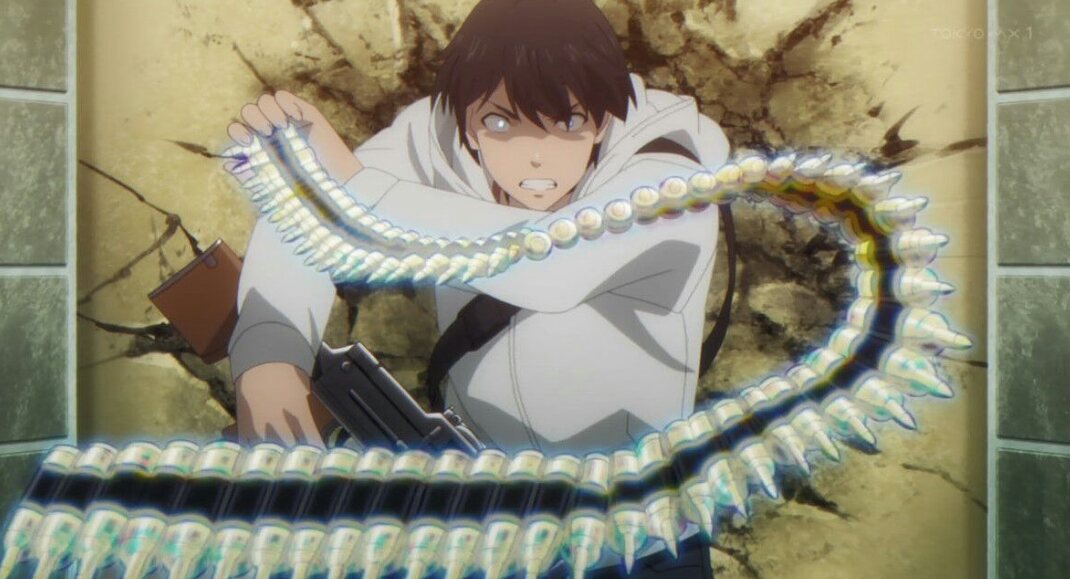
Nekopara (3)
“Dull and super safe”
Nekopara marches forward, now three episodes deep and establishing a rhythm of light drama to complement its easy-going cat girl shenanigans. If there’s anything to praise here, it’s not the story – the narrative is dull and super safe, clearly just a loose backbone to give this show some sense of progression as opposed to being a legitimate focus. However, it’s enough to get by in reasonably selling Chocola’s concern in this latest outing, landing her resolution with about as decent footing as you would predict from a show like this.
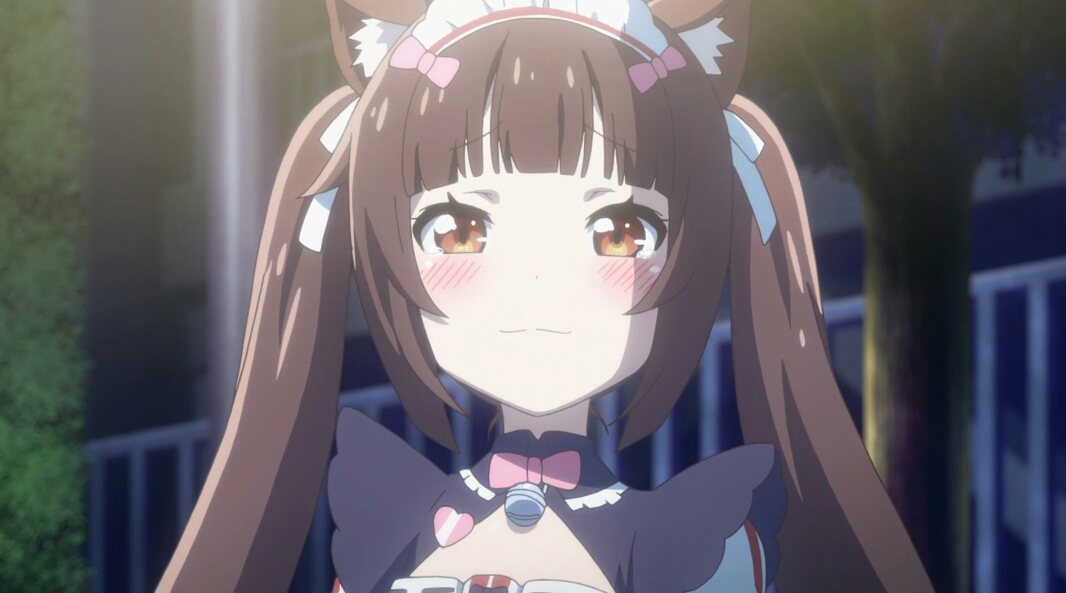
Infinite Dendrogram Tokunana (3)
“Dwindling optimism for its future”
Lastly, while the first two episodes were impressively less than average, Infinite Dendrogram’s third entry at least manages to avoid being a blatant failure, finding glimpses of much-needed momentum and engagement with the introduction of Altair Kingdom’s Four Superiors. Despite that, episode three’s stunted production and this series’ overall weak grasp of pace and direction hampers the moment – limiting what easily could have been a much more visceral display if it were in better hands to a mild performance. Throwing salt in the wound, the rest of three’s content follows the lead of the previous two, falling neatly back into the dusty hole where Dendrogram’s scenario writing resides along with viewers’ dwindling optimism for its future.
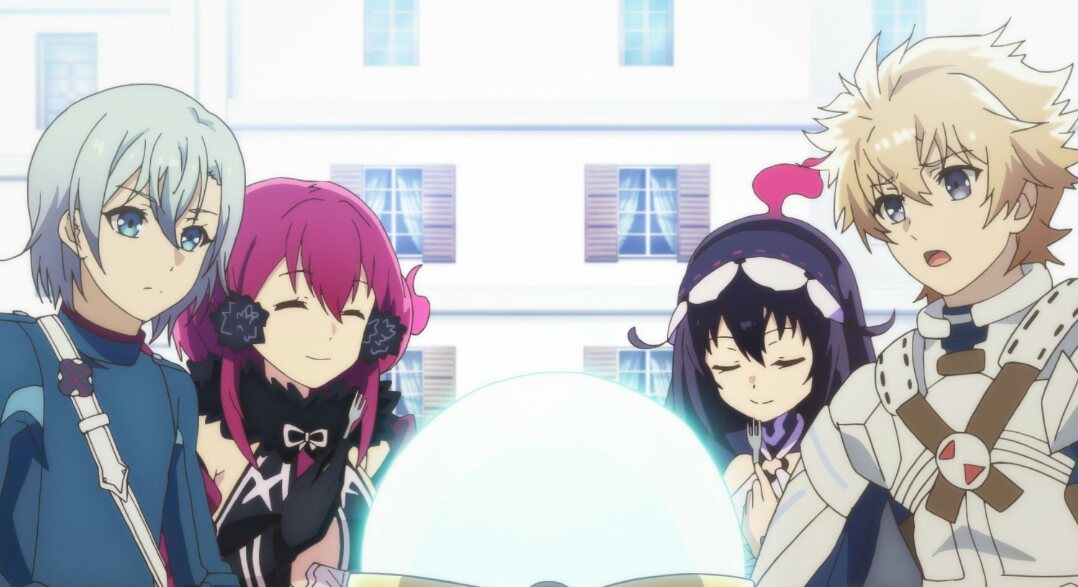
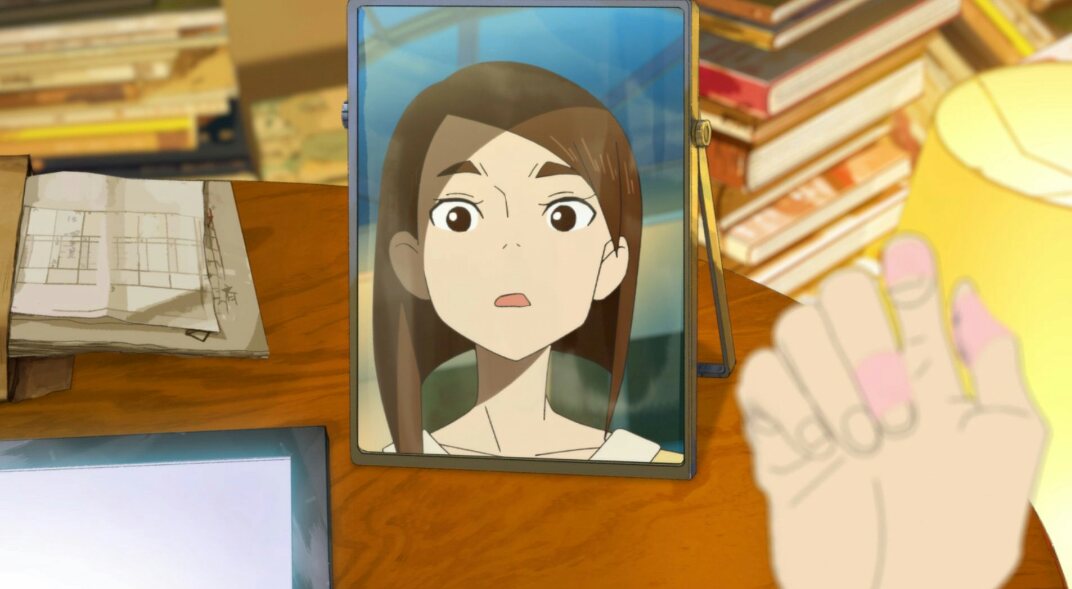
2 thoughts on “Winter 2020 Anime Week 4 [Check-In]”
So here’s where i challenge your criticisms of Eizouken (By the way i think you have every right to feel the way you do). You say that it’s necessary to evaluate Eizouken on a more textual level to discern its quality, ultimately implying that what the show’s script does not carry enough substance to make it a great show. But i have to ask: what exactly do you find that the script is lacking? Because even when you look at Eizouken textually, I find that there’s plenty to examine, and not in the “Oh, I’m grasping at straws to intellectually elevate a show for the sake of justifying my enjoyment of it,” but that there’s actually quite a bit of narrative substance to what’s being presented on screen. I’m not quite sure where you’re coming from so I was wondering if you could elaborate because i find the opinion of Eizouken simply being “an animation flight of fantasy with cooker-cutter writing” to be quite flummoxing.
I suppose I should start by saying that I don’t particularly think any lack in substance here is what stops Eizouken from moving on from “good” to “great”. I think it’s a contributing factor, sure, but a smaller one under a larger umbrella because Eizouken definitely has a healthy amount of substance (I just wouldn’t say it’s notably rich in that factor).
Let’s move on to your actual question.
To answer your question: At the time, and as suggested in the Check-In, more separation on a fundamental level in terms of text from its peers. Eizouken is a show that at its narrative core utilizes a lot of the same worn primary flows and progressions that many of “school club” anime do. It does them better, and fills the lines in between them better certainly both with its tangibles and intangibles – but it ultimately felt like it resides in that same box with a similar ceiling.
I hope that helps!
Comments are closed.